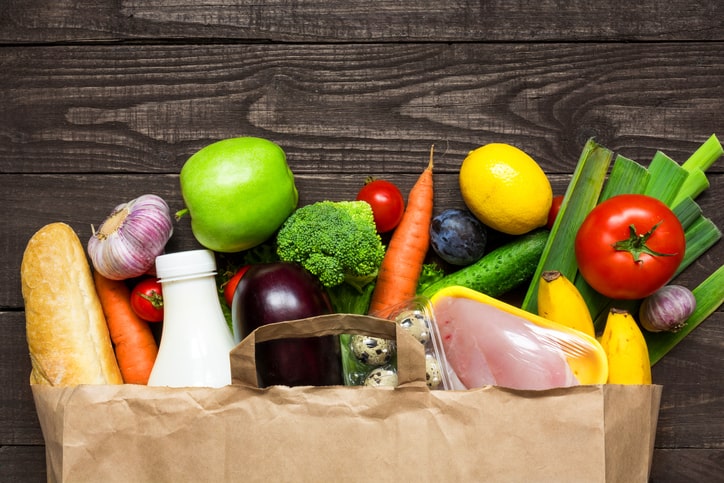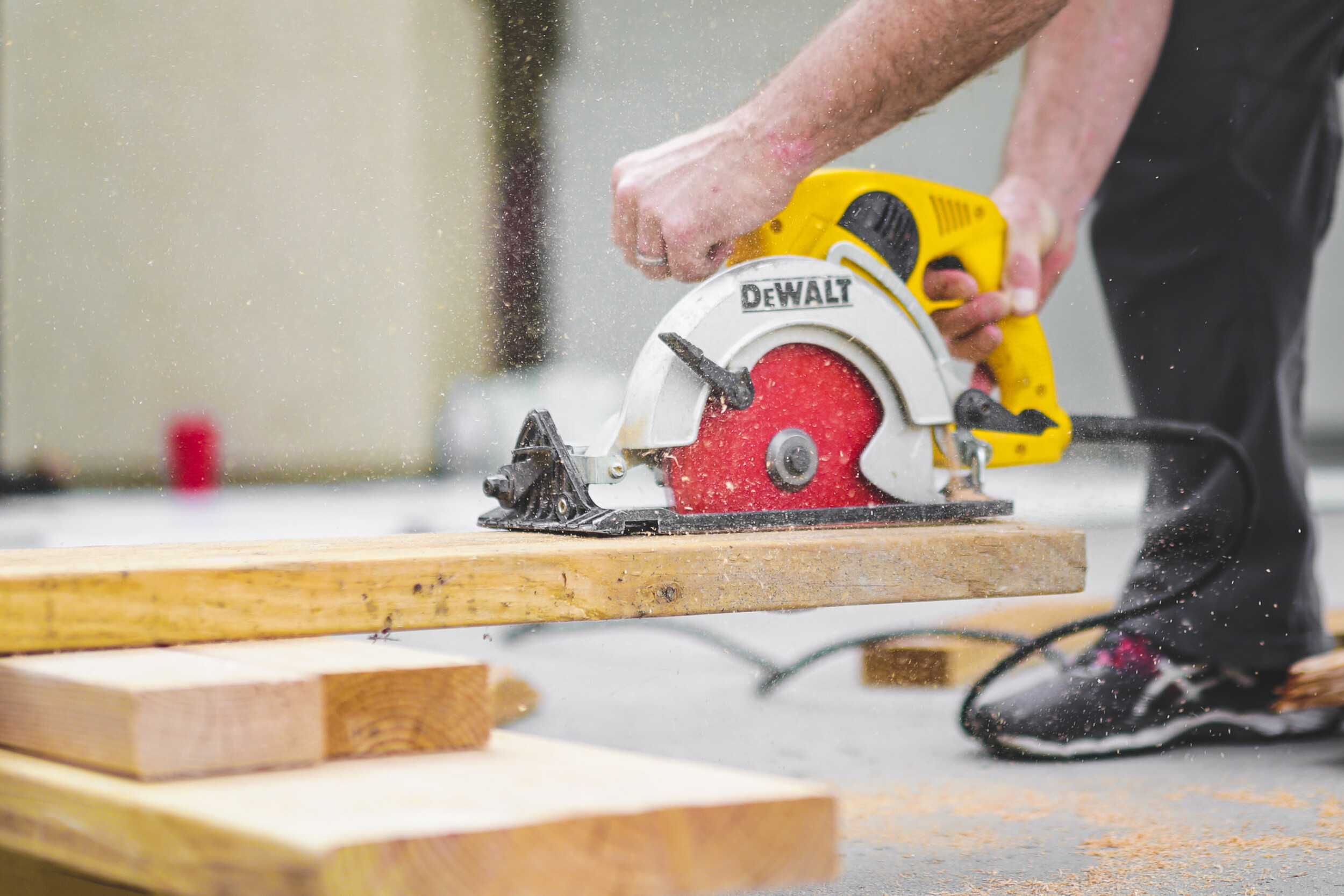Thinking about having friends and family over for grilling and chilling Barbecue? Summer is the best time of year to throw an outdoor shindig! Kick back and relax. Let the kids run around. Get to know your neighbors while enjoying delicious food, laughter, and good times.
It’s possible to have a blast while still being aware of your eco-imprint. Just because you might want to save the earth doesn’t mean you can’t throw a fantastic barbecue! Check out our favorite tips for throwing a killer grilling party while keeping it clean and green.
1. Send an Online Invitation
With so many options for great-looking digital invitations, there’s no reason to waste paper. You can plan well in advance or fly by the seat of your pants. Either way, paperless invitations are a fast and easy way to spread the word.
If you prefer something even less formal, go with a group text or Facebook event. No trees wasted means your party is already one step greener.
2. Encourage Walking, Biking, Carpooling, or Public Transportation
If it’s rain-free, encourage your guests to use as few cars as possible. Carpooling is a good option for those traveling longer distances. Neighborhood friends can walk or bike. Adventurous types can skateboard or roller skate to the party. If you’re in a city, public transportation is another good green option.
3. Choose Your Grill
When it comes to the grill itself, you have options to reduce your carbon imprint. Natural gas, propane, and electric grills burn more efficiently and cleaner than charcoal or wood grills. They also leave behind less waste.
Some grilling diehards can’t abide anything less than charcoal-grilled flavor, though. If this is you, choose all-natural charcoal lumps instead of additive-laden briquettes. Briquettes release carbon monoxide and VOCs, but organic charcoal releases fewer toxins. Look for the Forest Stewardship Council (FSC) logo, and only use as much as you need.
4. Use Reusable or Compostable Dishes and Utensils
Disposable plates, napkins, cups, and utensils can cause a major amount of waste. You might not want to use the good china for a barbecue, though. Try replacing one-use dishes with reusable or biodegradable plates and cups.
Save up plastic utensils from takeout orders, or impress your guests with real silverware. You can sometimes find entire sets of utensils for a few dollars at secondhand stores. Keep these around for future parties and you might never use plasticware again. As for napkins, you can get bundles at discount stores. If cloth napkins are way too formal for your backyard, look for 100% recycled paper napkins.
5. Choose Locally Grown and Seasonal Veggies
Grilled vegetables are a healthy and delicious addition to your barbecue. When you buy local, in-season produce, you support farmers, save money, and get the best flavors of the year. During summertime — the typical barbecue season — many local vegetables are at their best. Seasonal produce also costs less for the farmers to harvest, so you’ll save money, too. Shop at your local farmer’s market to buy from those who’ve grown your food. Food that doesn’t have to travel far to reach you also makes a smaller carbon footprint.
To grill veggies so they taste the best, marinate them in olive oil and herbs before grilling. Try corn, onions, squash, bell peppers, asparagus, or even greens. Replace a beef patty with a grilled portabella mushroom for a meatless burger option.
6. Consider the Meat Source
Speaking of meatless options, you might want to consider a red-meat-free barbecue to truly go green. Beef production creates drastically higher emissions than those from chicken, fish, and vegetables. Even adjusting the ratio of burgers to chicken patties can make an eco-friendly difference.
If a beef-free or meatless barbecue isn’t an option for you, take some time to choose the best meat possible. When buying fresh meat, look for organic, sustainably raised, free-range, grass-fed, and local. Note that organic and grass-fed meat is usually leaner than other meat. To help maintain moisture when grilling, marinate it first and cook at a lower temperature.
7. Make Homemade Lemonade, Sparkling Sodas, or Sangria
You won’t need individual bottles and cans of non-alcoholic drinks and wine when you have homemade options this easy and tasty.
For fresh lemonade, add 1 cup of white sugar to 1 cup of water in a saucepan and simmer until the sugar is dissolved. Mix this simple syrup with 1 cup of lemon juice and 3 cups of cold water. Serve over ice.
For sparkling sodas, add fruit juice like apple or cranberry to sparkling water. Stir in a small amount of honey to sweeten and serve iced.
For sangria, combine a bottle of Spanish wine with 1 cup orange juice. Add sliced oranges and pineapple. Allow to sit for at least 4 hours and chill before serving.
8. Go with Organic and Local Beer
If you prefer a nice, cold fermented beverage when you’re barbecuing, you can even choose a green option for beer. Organic beer is produced without toxic chemicals. It’s better for you and also better for the environment.
Local brews are popular across the country these days. Buying craft beers from a microbrewery supports the craftspeople. It also keeps profits within the community. Many microbreweries produce seasonal, small-batch brews, which can be delicious and unique. For an even more eco-friendly option, choose a keg or pony keg to reduce packaging. Just be sure to pour into reusable cups!
9. Make Recycling Easy for Guests
Even if you’ve followed these tips to a T, you’ll still probably end up with items to recycle after your barbecue. Prepare for the inevitable by putting out labeled bins for recycling. When there’s an identifiable bin, you’ll be less likely to find recyclables in the trash.
If your area doesn’t take mixed recycling, include a label for items that can go in the bin: glass only, cans only, or paper only. If you compost, put out covered bins for food scraps, charcoal ashes, and other biodegradable items, too.
10. Clean It Up
Before everyone leaves, pack leftovers in reusable containers and send guests home with them. The final environmentally important part of your cleanup is your grill. A cleaner grill gives off less smoke and less pollution, while ensuring your food tastes its best. The longer you wait to clean the grill, the harder it will be to remove oil and grease. If you wait too long, that grease can go rancid. Rancid grease can become potentially carcinogenic, and it harms your food’s delicious flavors.
You don’t need to use fancy grill cleaners: simple baking soda will do. Start while the grill is still hot. Dip your grill brush (or any stiff wire brush) into baking soda and scrub the grate until it’s clean. Then rinse and let it air dry. You’re all set and ready for the next great barbecue!
Find coupons for barbecue products
Find coupons for fresh groceries
Do you have any favorite tips for eco-friendly barbecues? Share them in the comments!













